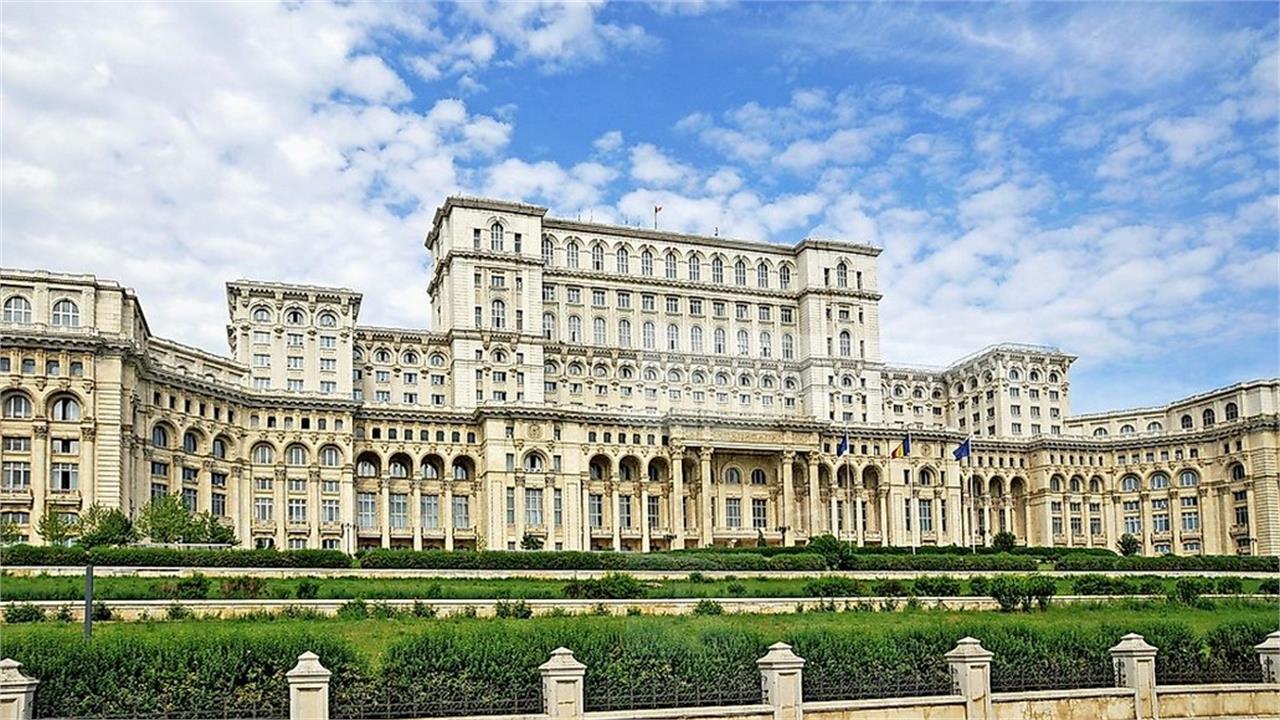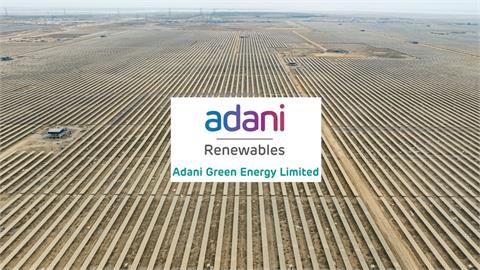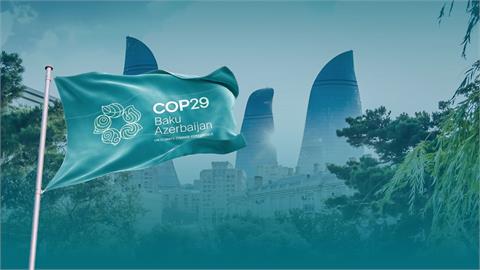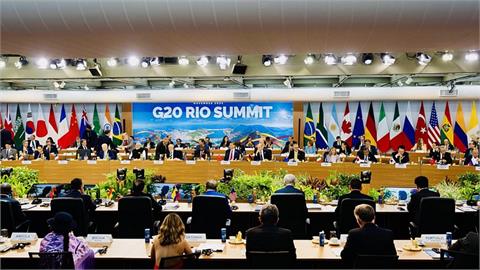The government of Romania obtained the European Commission's green light to implement a RON 2.9 billion grant scheme aimed at the energy-intensive industrial companies hit by the green policies of the European Union.
The state aid and the brown energy taxation are expected to balance each other, in a fine-tuned strategy aimed at achieving climate neutrality and economic growth at the same time.
In essence, the state aid scheme aims at shifting the financing of green energy investments from the pocket of the energy-intensive companies (some of which can no longer afford to pay the 'green certificates') to the pocket of the public budget.
The scheme will run until December 31, 2031, so it's not a short-term patch, Ziarul Financiar reported.
The state aid scheme is aimed at reducing the level of electricity taxation for large energy-consuming enterprises, set up to promote electricity from renewable sources.
In its turn, the state aid scheme aims to mitigate the risk that, because of the brown energy tax, large energy-consuming companies will move their activities to places outside the EU with less ambitious climate policies, the Commission explains.
Beneficiaries of the state aid scheme will benefit from a tax reduction between 75% and 85%, depending on their "exposure to risk [of competition from outside players'." The applicable reduction must not result in a charge of less than EUR 0.5/MWh.
In turn, beneficiaries will either have to implement certain recommendations made following the energy audit or cover at least 30% of electricity consumption from sources that do not produce carbon dioxide emissions, or invest at least 50% of the aid in projects that lead to substantial reductions in the installation's greenhouse gas emissions.
(romania-insider.com, 22 November, 2024)




